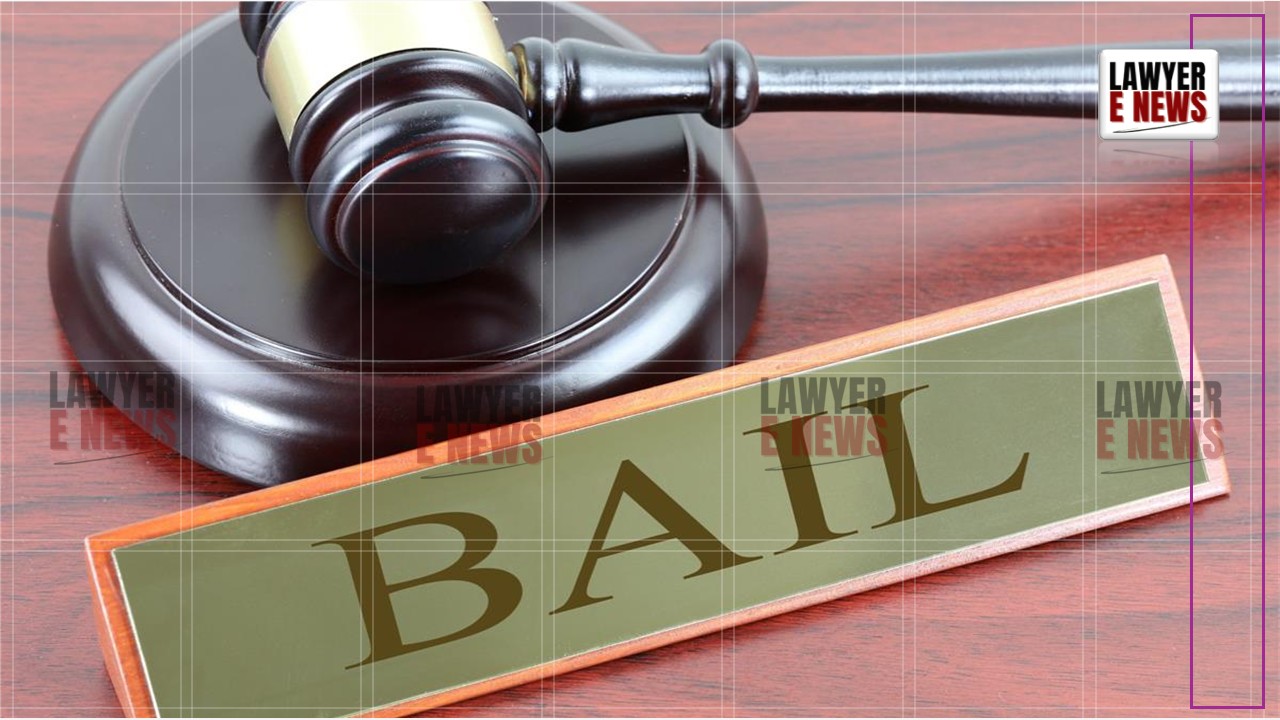-
by Admin
15 February 2026 2:36 AM



High Court underscores bail as the rule, citing insufficient evidence of severe injuries and prolonged detention.
The Kerala High Court has granted bail to Kaja, accused in an acid attack case, citing insufficient evidence of severe injuries and the prolonged duration of judicial custody. The decision, delivered by Justice C.S. Dias, underlines the principle that bail should be the norm and detention before conviction should be considered punitive.
The petitioner, Kaja, aged 39, was arrested on May 6, 2024, for allegedly pouring a liquid resembling acid on his wife during a domestic dispute. The incident occurred at around 7:00 AM while the victim was selling lottery tickets near a shop. The liquid caused erythema on her face, eyes, and neck, but no burn injuries were reported. The police charged Kaja under Section 326A of the Indian Penal Code (IPC).
Justice Dias noted that the victim’s injuries, as recorded in the accident register cum wound certificate from the District Hospital, Palakkad, were not severe. The court acknowledged that while the erythema was consistent with the victim’s account, it did not amount to burn injuries or permanent disability, which would typically justify the application of Section 326A IPC.
Referencing the Supreme Court’s rulings in Sanjay Chandra v. CBI and Dataram Singh v. State of U.P., the court highlighted the fundamental principle of presumption of innocence until proven guilty. The judgment reiterated that denying bail based solely on societal sentiments is inappropriate and that pre-trial detention should not be punitive.
The court took into account that Kaja had been in custody for 80 days, the investigation was complete, and no further detention was necessary for investigative purposes. Additionally, Kaja had no prior criminal record, reducing the risk of reoffending or tampering with evidence.
Justice Dias emphasized that bail should be granted unless there is a substantial reason to believe the accused might flee or commit another offense. The court set stringent conditions for Kaja’s release to mitigate any potential risks, such as regular appearances before the investigating officer and restrictions on leaving the jurisdiction.
Justice Dias stated, “The right to bail cannot be denied merely due to the sentiments of the society. The fundamental postulate of criminal jurisprudence is the presumption of innocence until a person is found guilty.”
The Kerala High Court’s decision to grant bail underscores the judiciary’s adherence to the principles of justice and individual rights. By emphasizing the lack of severe injuries and the accused’s prolonged detention, the judgment reinforces the legal framework that favors bail as the rule and pre-trial imprisonment as the exception. This ruling may set a precedent for similar cases, ensuring that pre-trial detention is not used punitively.
Date of Decision: July 26, 2024
